-
¿Quiénes somos?
¿Quiénes somos?
-
Proyectos
-
Centro de recuperación
Centro de recuperación
- Colabora
- Noticias
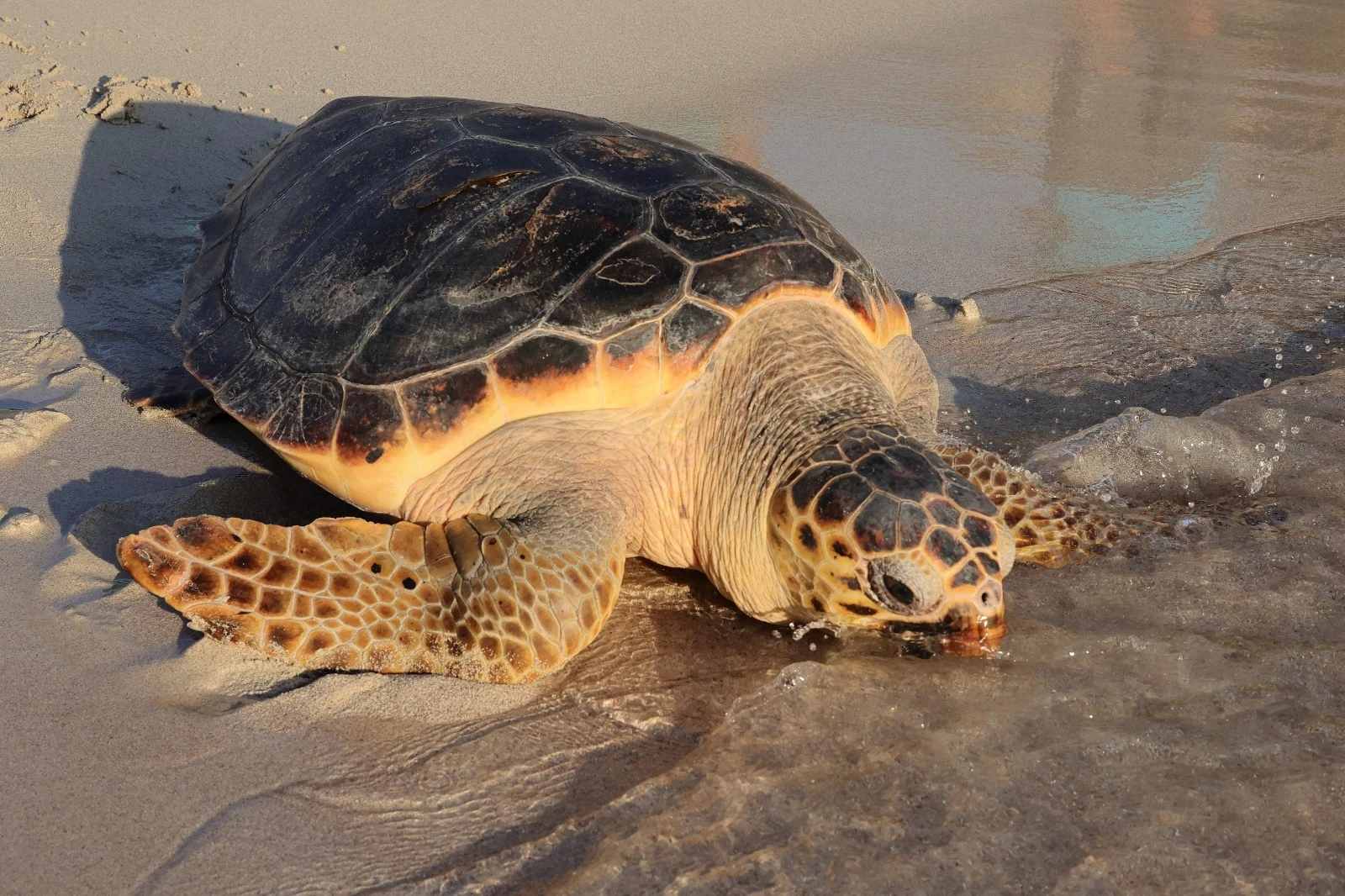
The Palma Aquarium Foundation is the organisation responsible for assisting stranded marine wildlife in the Balearic Islands. In 2014, Palma Aquarium signed a service contract for the “Monitoring and Recovery of Protected Marine Wildlife in the Balearic Islands” with the Consortium for the Recovery of Wildlife in the Balearic Islands (COFIB by its Spanish initials), an organisation under the Species Protection Service of the Balearic Islands' Regional Ministry of the Environment and Territory.
Since June 2022, the assistance of stranded marine wildlife in the Balearic Islands has been managed by the Palma Aquarium Foundation as part of the project “Conservation and Protection of Endangered Marine Species (marine turtles, cetaceans, and sharks) in the Balearic Islands”, under the acronym OCEMIB.
This initiative is supported by the Biodiversity Foundation of Spain's Ministry for Ecological Transition and the Demographic Challenge (MITECO by its Spanish initials) through the Recovery, Transformation and Resilience Plan (PRTR by its Spanish initials), financed with the European Union’s NextGenerationEU funds.
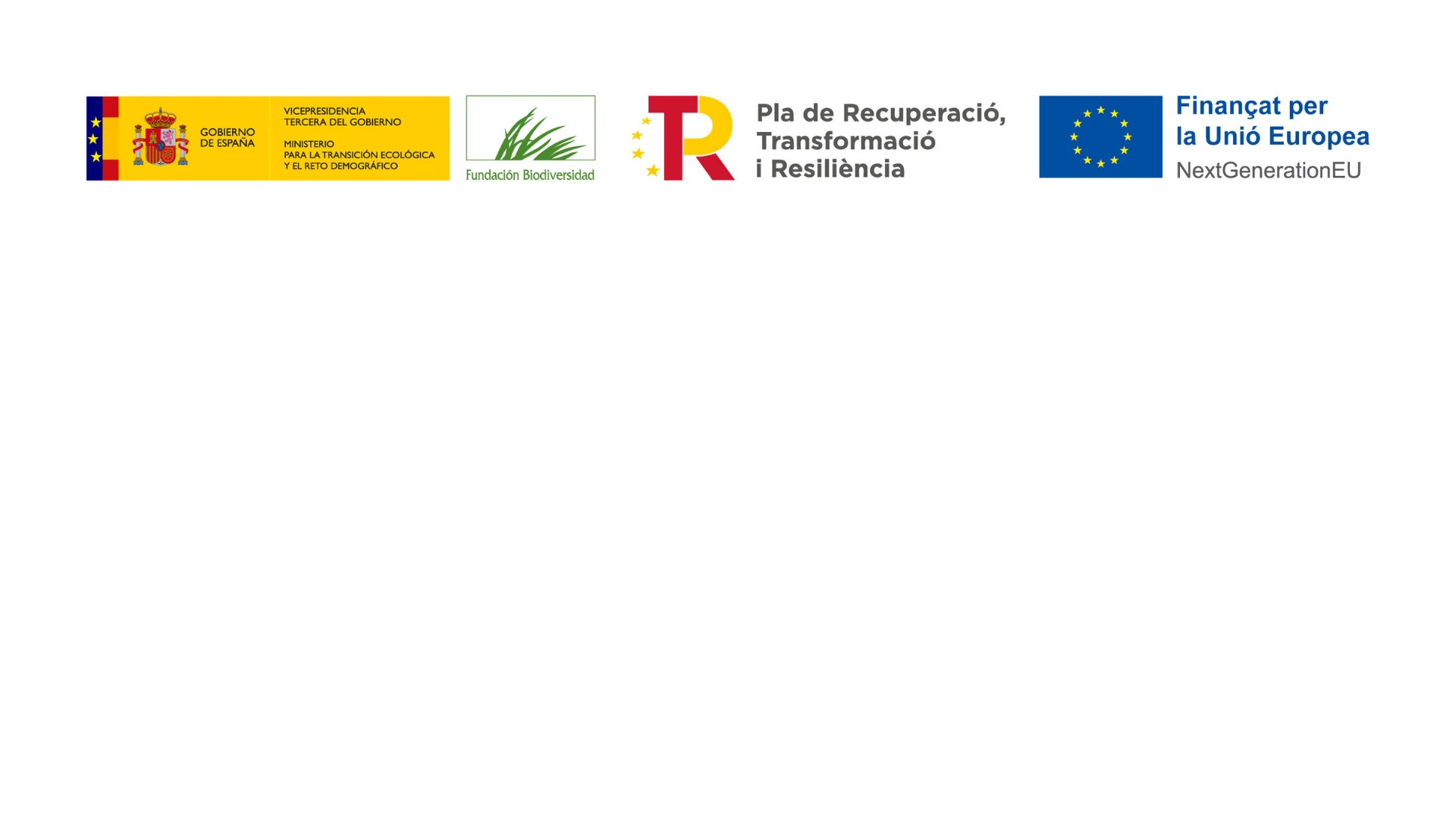
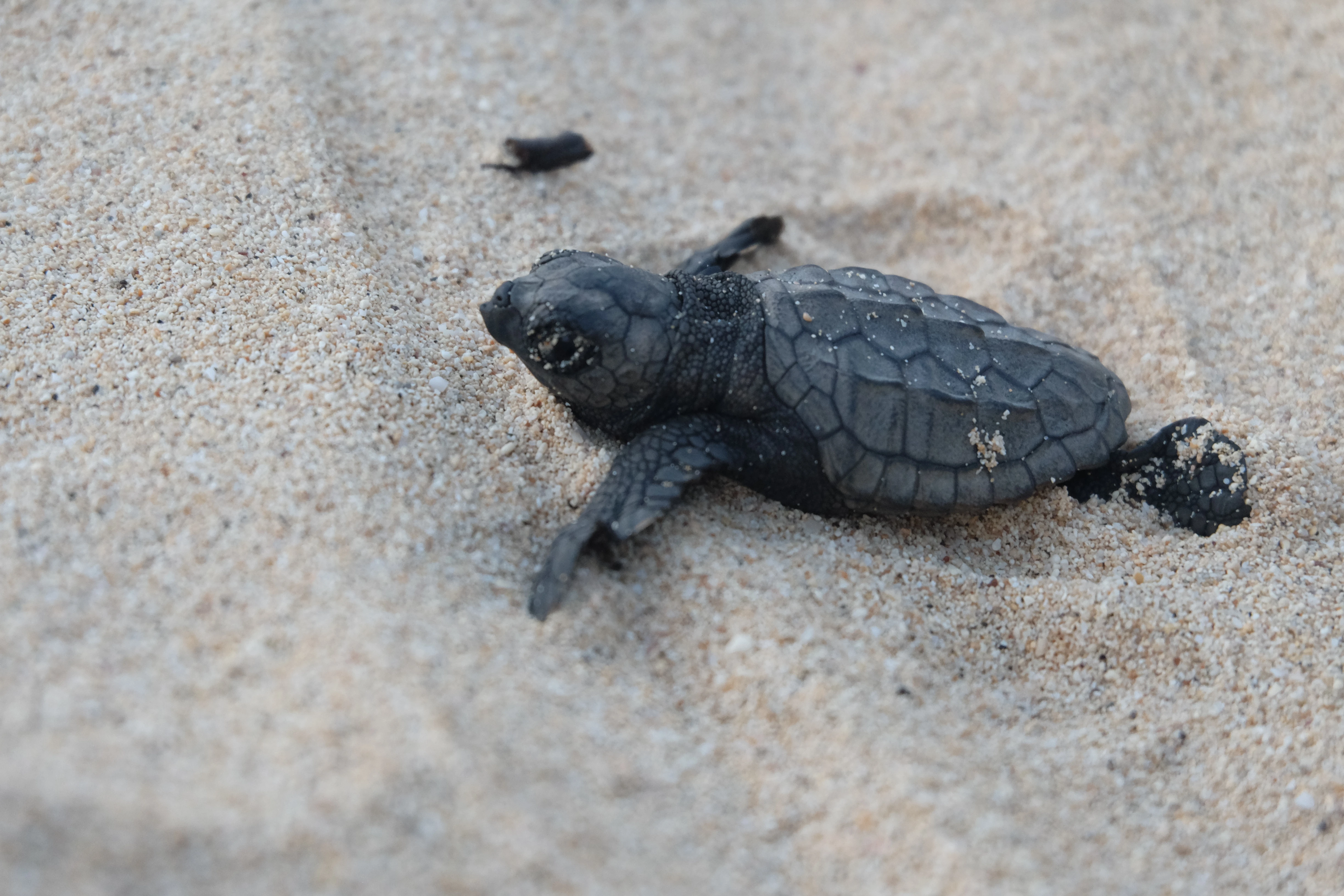
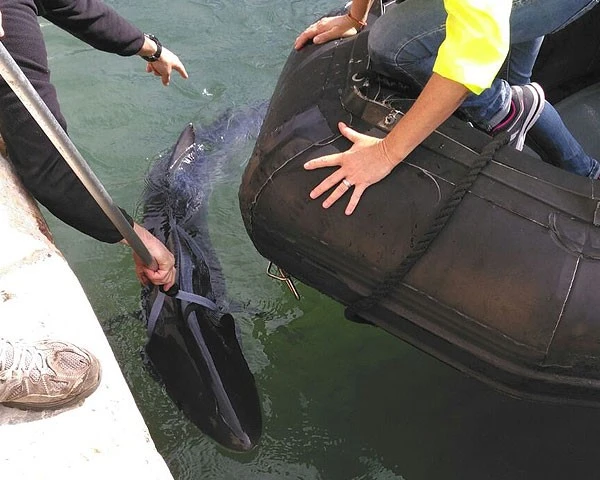
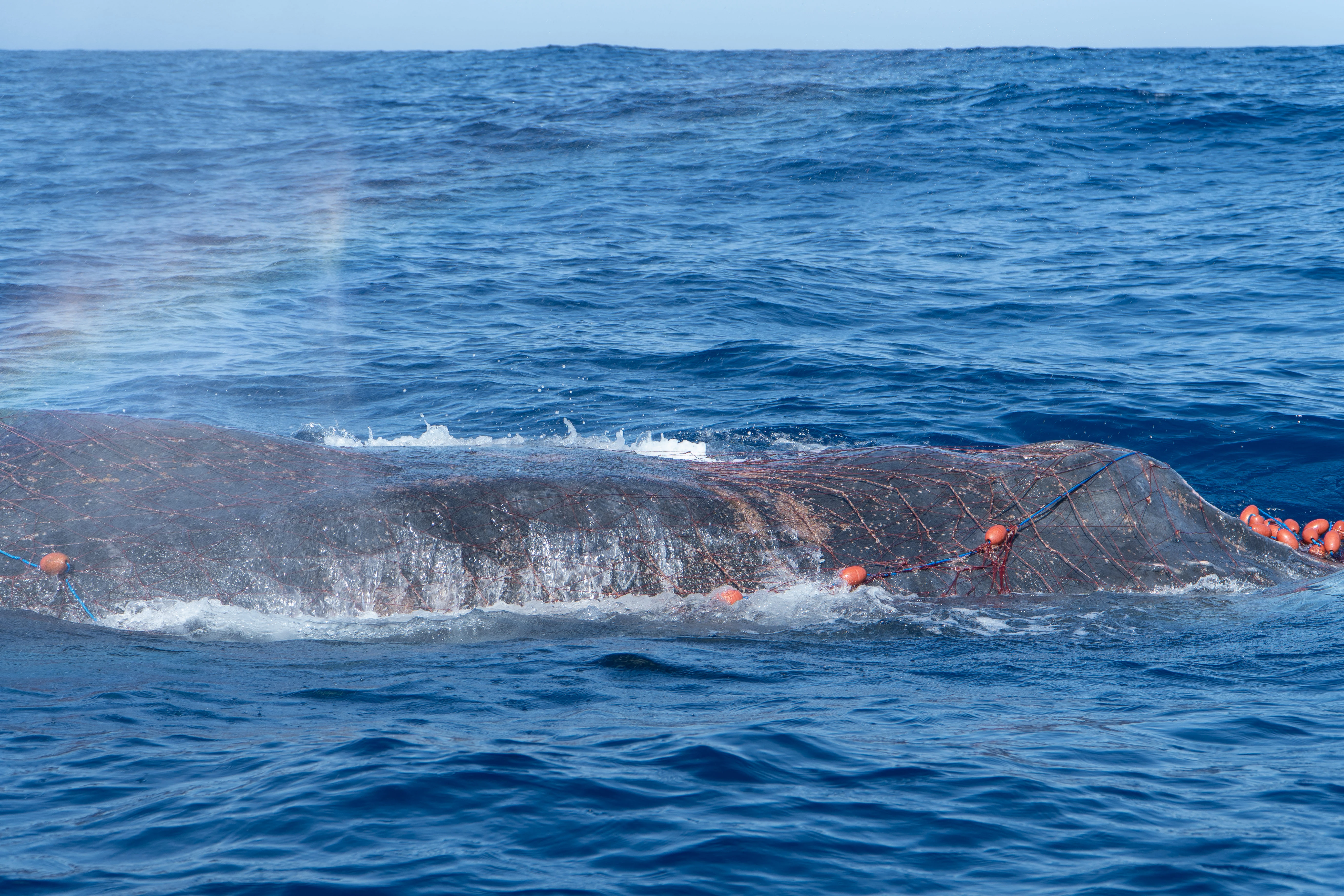
The OCEMIB project team works tirelessly to ensure that every animal receives the best possible care. Our activities include the following:
Care, diagnosis, and treatment: We provide primary care, diagnosis, and treatment for sea turtles, cetaceans, and sharks.
Rehabilitation and reintroduction: Our ultimate goal is to return these animals to their natural habitat. To achieve this, we run rehabilitation programmes that ensure they are in optimal condition before being released back into the sea.
Scientific research: We take an active part in scientific studies that seek to gain a deeper insight into marine populations, the threats they face, and how to tackle them.
Environmental education: We organise workshops and educational activities to raise awareness within the community regarding the challenges facing the Balearic Sea and the importance of protecting our marine ecosystems.
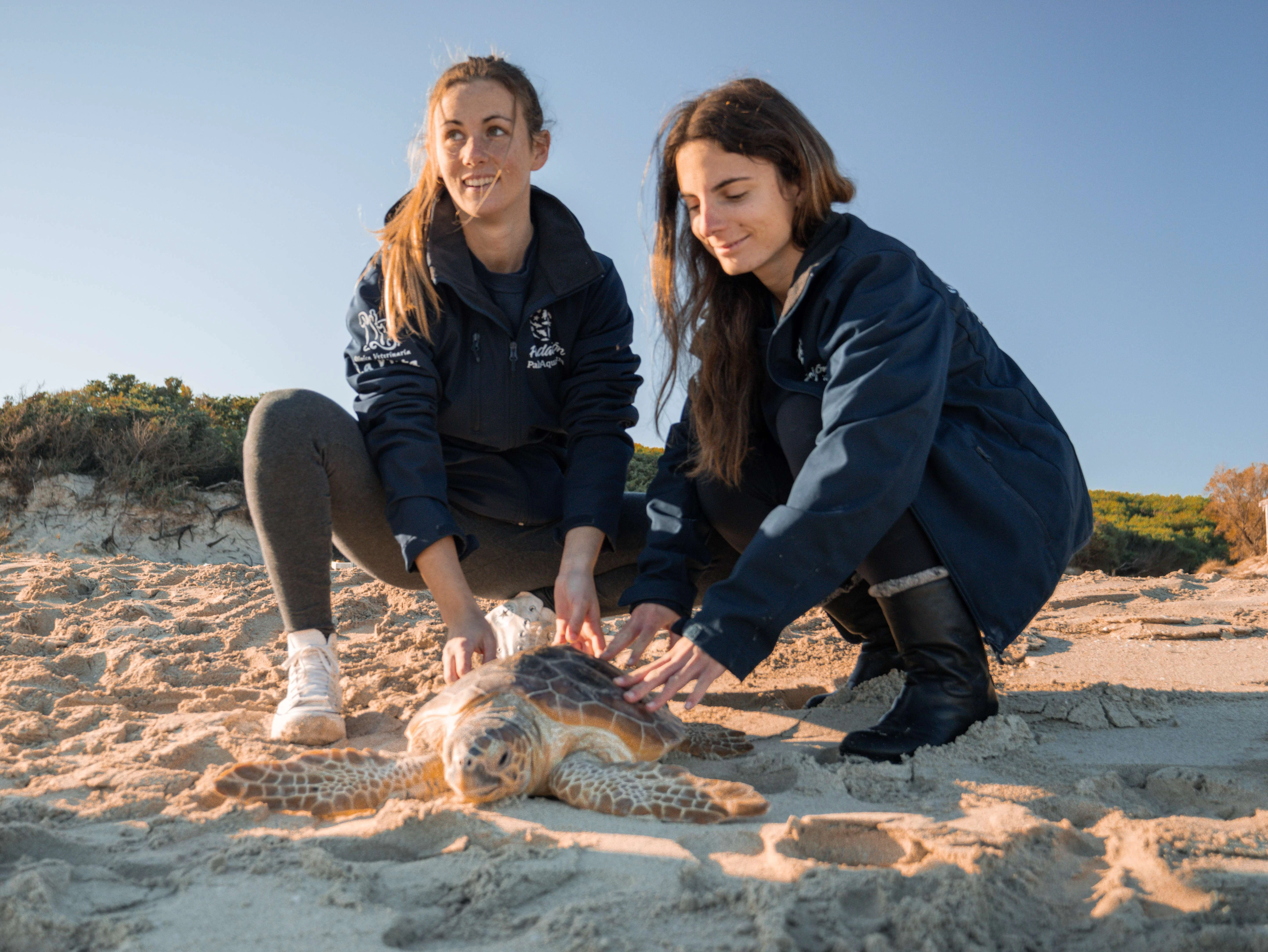
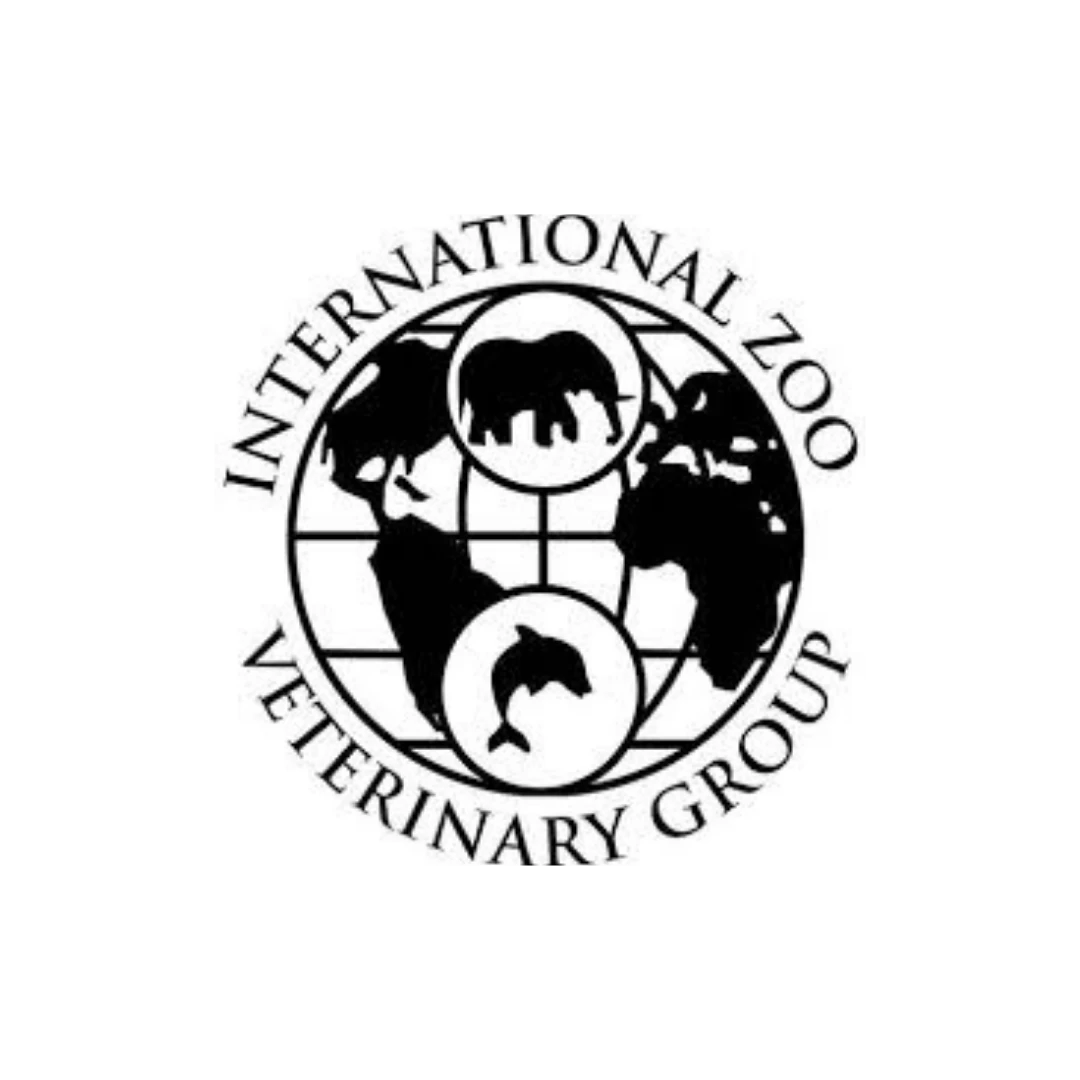
She graduated in veterinary medicine at the Autonomous University of Barcelona in 1998. Tania is a specialist in the care, rehabilitation and conservation of marine and aquatic animals. After graduating, for 4 years she travelled around the world, working in zoos and with conservation projects in Greece, Finland, Argentina, Mexico and the United States, as well as a whale watching and photo-identification project in Norway. In 2000, Tania started working as a veterinarian for an aquarium, becoming Technical Director in 2006. After that, she split her time between the position of Aquatic Animal Curator at Barcelona Zoo and working for the International Zoo Veterinary Group (IZVG). Since 2015 Tania has worked full time for IZVG.
She is chair of the Veterinary and Accreditation Committee of the European Aquatic Mammal Association, as well as an inspector for the organisation. In addition, she is a member of the International Association of Aquatic Animal Medicine, the European Association of Zoo and Wildlife Veterinarians and the British Veterinary Association. She is a veterinary advisor to the Elasmobranch Taxon Advisory Group (TAG) of EAZA, as well as a member of the Marine Mammal TAG.
Tania also trains veterinarians in sea turtle medicine and management. One of her projects included conducting a sea turtle rehabilitation course for the Sea Turtle Protection Society of Greece. In 2013, she started working with CRAM (Foundation for the Conservation and Rehabilitation of Marine Animals) in Barcelona, specialising in the rescue and conservation of sea turtles, dolphins and seabirds.
He graduated in veterinary medicine at the Autonomous University of Barcelona in 1998. In 2005, he specialised in exotic species and became a member of AVEPA (Asociación de Veterinarios Españoles Especialistas en Pequeños Animales) specialists in exotic animal medicine and surgery.
He advanced his veterinary practice in particular for reptiles, with a particular focus on tortoises and turtles.
Since 2010 he worked on an ad hoc basis with the sea turtles in the private collection of Palma Aquarium. In 2020, he was hired to work with the Balearic Marine Fauna Stranding Network. He performs routine analyses, controls and diagnoses, prescribes treatments and operates on turtles when necessary.
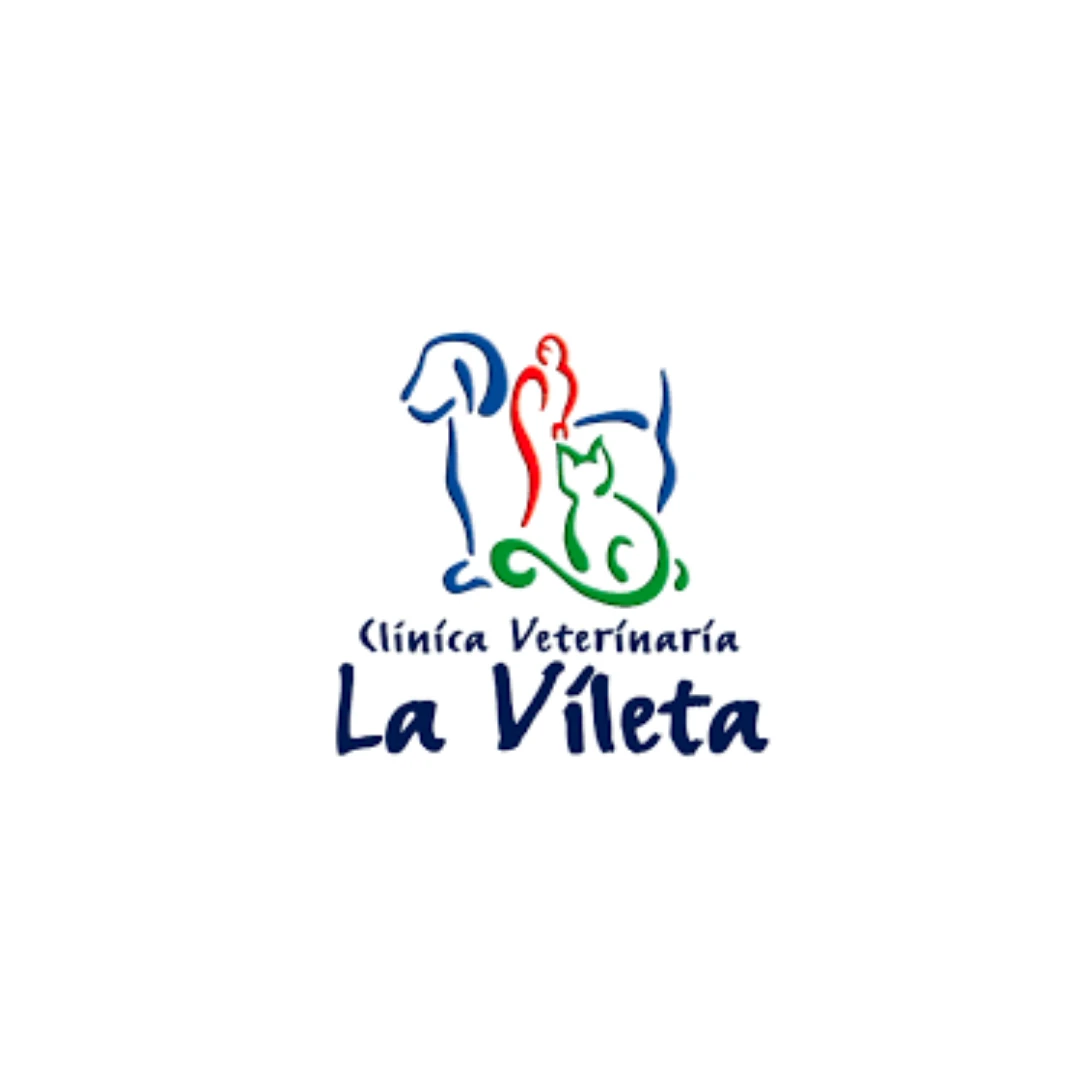
 Colabora
Colabora